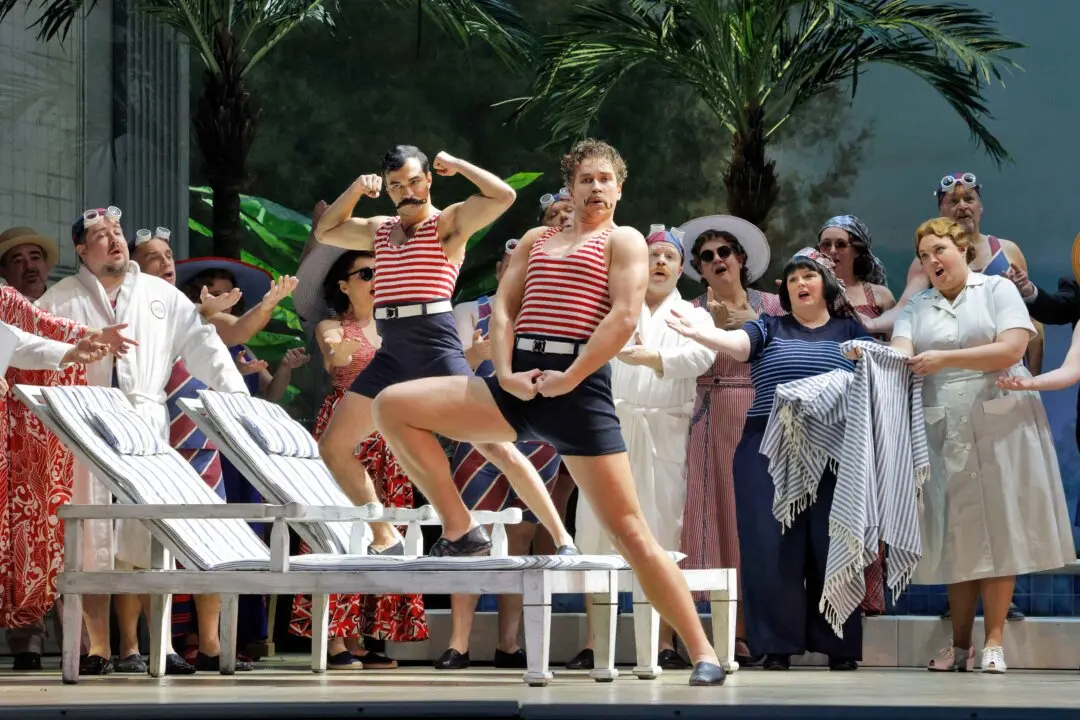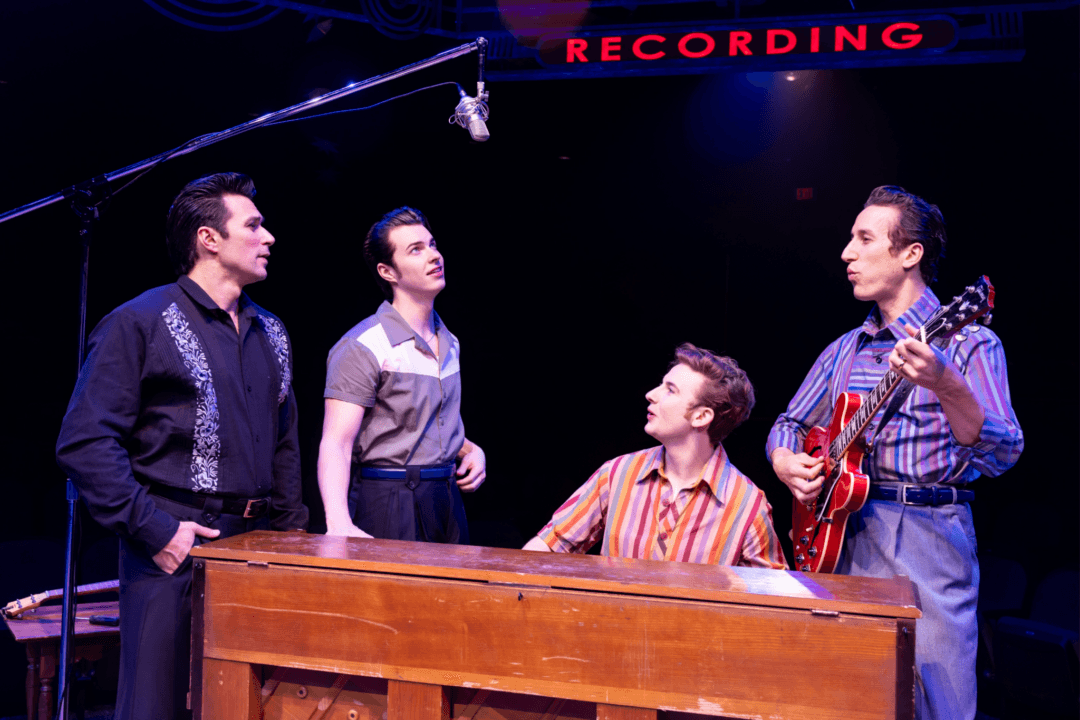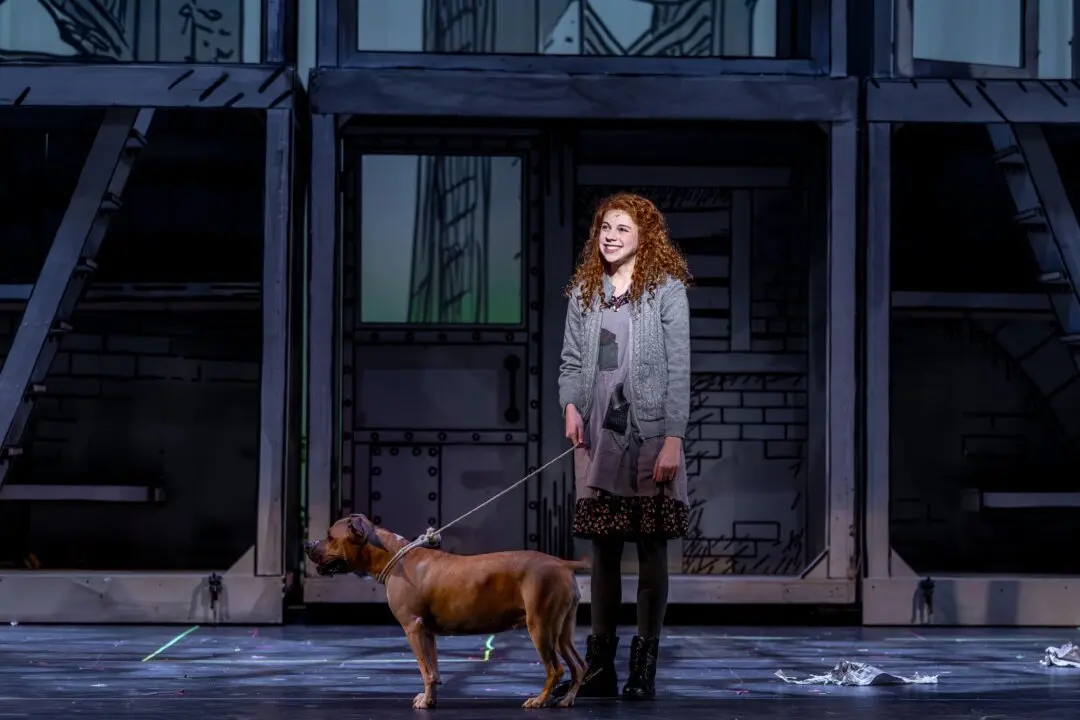CHICAGO—“Don Carlos” is considered by many opera lovers to be Verdi’s greatest work, and for good reason. In this opera, the legendary Italian composer, always the moral realist, psychoanalyzes larger-than-life characters exposing their motivations, and delves into the conflict between their personal responsibility and societal expectations.
Verdi juxtaposes politics, history, and personal drama, as well as offering a sweeping canvas of 16th-century Spain that makes “Don Carlos” the most powerful and profound of all his operas.




